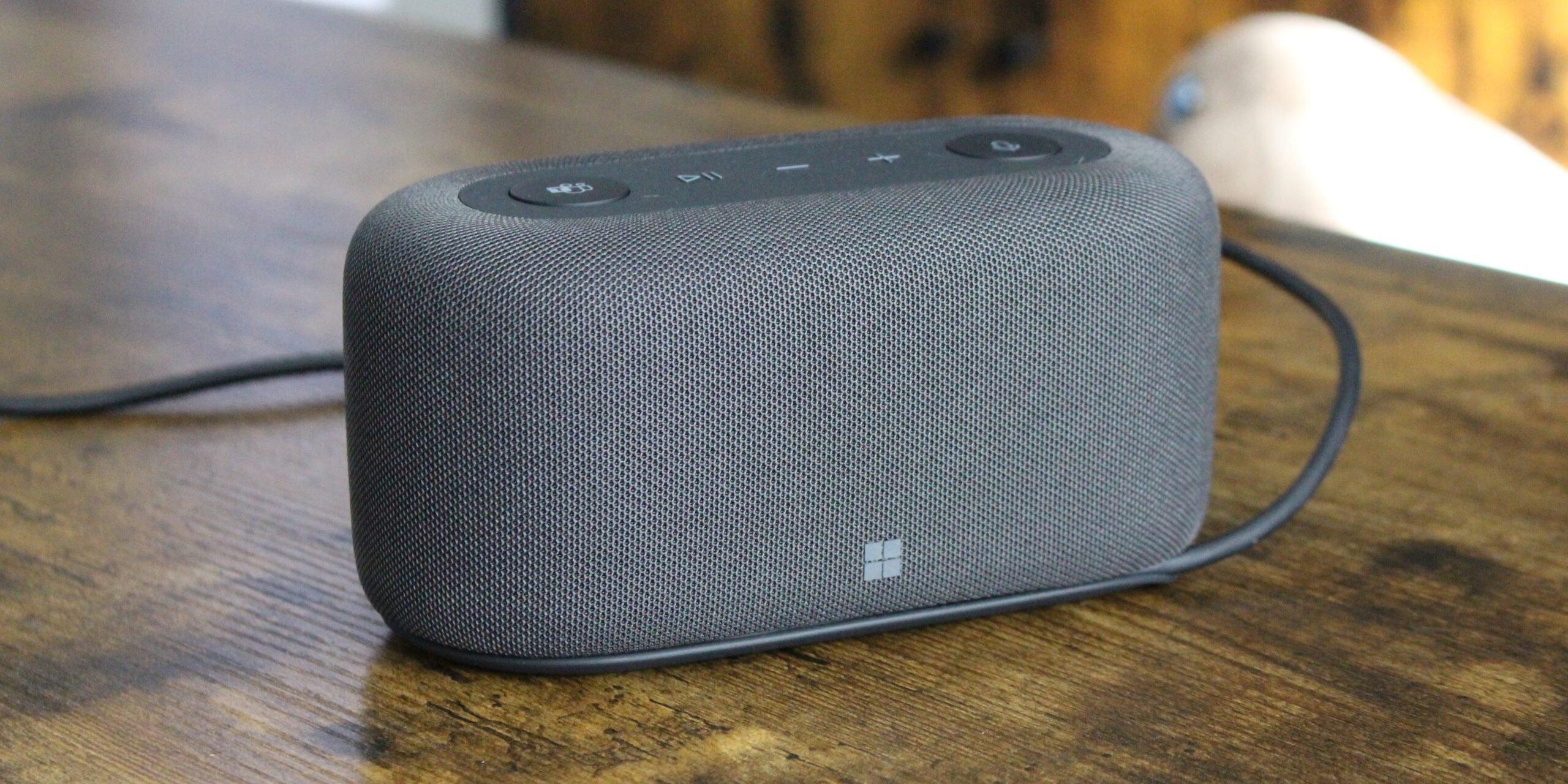
Copilot Vision Could Change How We Use Windows Apps Forever
Microsoft is taking a bold step forward with Copilot Vision, an AI-powered tool designed to serve as a virtual guide within apps — not by doing tasks for you, but by showing you exactly how to do them yourself. Demonstrated as part of the company’s 50th anniversary celebrations, Copilot Vision is coming to both Windows and mobile platforms, with the mobile version already available and the Windows version set to arrive for Insiders next week.
The concept behind Copilot Vision for Windows is simple but revolutionary. Rather than relying on documentation, video tutorials, or trial-and-error learning, users will be able to ask Copilot questions in real time while using an application. In the demonstration video, a user inside Photoshop asked how to adjust image saturation. Copilot didn’t take control — instead, it used on-screen highlights to guide her to the right tools and menu options. It’s like having an AI co-pilot hovering over your shoulder, directing traffic without grabbing the wheel.
On the mobile side, Copilot Vision resembles a blend of augmented reality and visual search. Much like Google’s Project Astra, it uses your phone’s camera to “see” what you see, offering contextual help. You might ask Copilot to assess whether a houseplant looks healthy or get ideas for rearranging your living room. The challenge, of course, will be in how well the system understands your questions and interprets what it sees — and how effectively it can tailor its suggestions.
However, given Microsoft’s recent experience with privacy concerns over its Recall feature, it’s clear that any camera-based assistant needs to tread carefully. Unlike Recall — which constantly took snapshots of users’ screens and was criticized for poor data security — Copilot Vision appears to activate only when explicitly enabled by the user. Microsoft says this can be done by pressing and holding Alt + Space, or by long-pressing the dedicated Copilot key on supported devices. This opt-in approach may help calm fears that Microsoft is once again venturing too far into user surveillance territory.
The potential of Copilot Vision is significant. It could become an essential accessibility tool, a powerful onboarding aid for new users, or a smart teaching assistant for complex software. But success will depend on Microsoft’s ability to deliver reliable, intuitive, and privacy-respecting AI experiences. We’ll get our first real taste of this next week as the feature begins its rollout to Windows Insiders, with broader availability expected in the months to follow.


